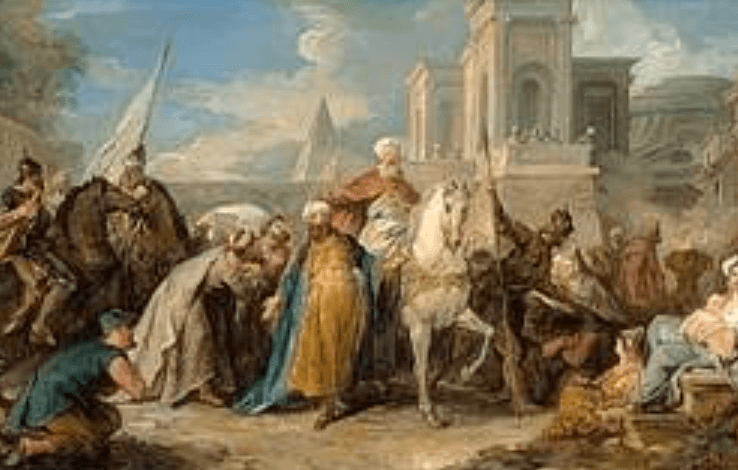Magna Carta Synonym: Understand the Synonyms and Significance of the Magna Carta

The Magna Carta, often encapsulated in terms such as “charter,” “covenant,” or “declaration,” serves as a foundational document in the evolution of individual rights and governance. Its historical context reveals not only the struggle against autocratic rule but also the emergence of principles that continue to influence modern democratic systems. Understanding its synonyms is crucial, as they highlight the various dimensions of this landmark agreement. What implications do these terms hold for contemporary notions of justice and accountability in legal frameworks? The exploration of these themes is essential for grasping the Magna Carta’s enduring legacy.
Historical Context of the Magna Carta
The Magna Carta, signed in 1215, emerged from a complex interplay of political tensions and societal demands in medieval England.
Central to its creation was the feudal system, which fostered discontent among barons facing King John’s autocratic rule.
This baronial revolt underscored grievances related to taxation and governance, ultimately leading to the charter’s establishment as a cornerstone for individual rights and accountability.
See also: M0nsterbite: Explore New Gaming and Digital Experiences With M0nsterbite
Key Synonyms for the Magna Carta
A foundational document in the history of legal rights, the Magna Carta is often associated with terms that encapsulate its essence and significance.
Key synonyms include “charter,” “covenant,” and “declaration,” all reflecting its role in establishing legal principles.
As one of the most influential historical documents, it embodies the struggle for justice and individual liberties, serving as a touchstone for future legal frameworks.
Significance in Modern Democracy
Numerous democratic principles and frameworks trace their origins to the Magna Carta, underscoring its enduring impact on modern governance.
This foundational document has profoundly influenced the development of civil liberties and constitutional rights, promoting the notion that authority must be limited and accountable.
Its legacy fosters a commitment to individual freedoms, shaping contemporary democratic ideals that prioritize the protection of citizens’ rights against arbitrary power.
Impact on Legal Systems Worldwide
Influenced by the principles established in the Magna Carta, legal systems around the globe have integrated its tenets into their frameworks, shaping the administration of justice.
This global legal influence has fortified constitutional foundations, promoting individual rights and due process.
Conclusion
The Magna Carta, heralded as a revolutionary document advocating for individual rights and limiting autocratic power, ironically emerged from a struggle for control among feudal lords. Its legacy, while celebrated as a foundation for modern democracy and legal systems, reveals the paradox of power dynamics—wherein the quest for freedom often stems from the desire to maintain privilege. Thus, the charter’s enduring influence underscores the complexity of justice, illustrating that even noble ideals can be rooted in self-interest.




